PLASTIC CONTAMINATION :
A REAL ECOLOGICAL DISASTER
100 million tonnes of plastic waste enter nature
and contaminate lands, rivers and oceans every year
Scientists and NGO will not stop keeping alerting us: The planet suffocates under a plastic junk mountain that we all use massively every day.
The last alarming report published by WWF in Mars 2019 “Plastic contamination, who’s fault?” reinforces our will to go further in our environmental approach to fight against this scourge.
Since year 2000, the plastic industry produced as much plastic as all previous years combined. Its production has been multiplied by 200 since 1950 and rises by 4% per year since 2000.
This way, in 2016, the production reached 396 million tonnes.
Which is equivalent to 53kg of plastic for every inhabitant and about 2 billion tonnes of carbon dioxide emission, which is 6% of the total carbon dioxide of the year.
If we do not act, the plastic production could raise by 40% by 2030.
Key data
Based on the WWF report
This report aims to identify
failures of the system and the introduction to a zero plastic scenario by 2030.
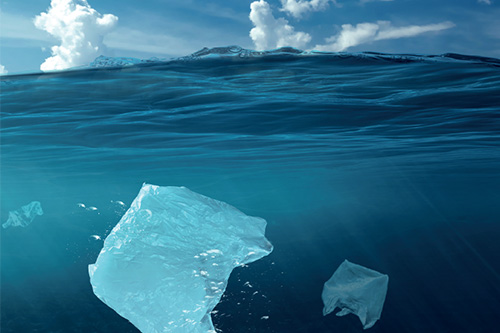
100 millions tonnes
Of plastic waste not being recycled
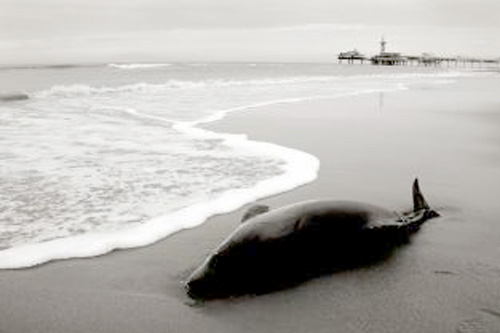
270 species
Are victims of stranglehold & more than 240 ingested plastic
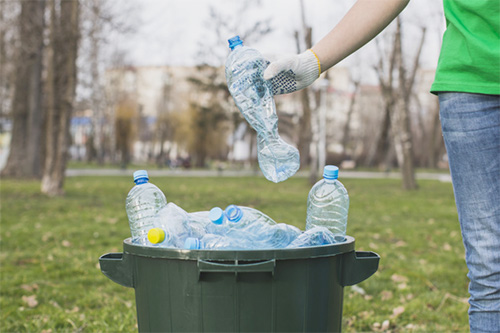
+40%
Plastic production estimated by 2030 if we do not act
Our responsibility :
Act to fight this scourge
One more step into a logic of constant progress...
Loyal to our ethical commitments towards environment and its preservation, we act gradually in order to definitely ban the use of plastic material coming from the oil industry within our laboratory.
Zero plastic by 2025, is it possible?
- For the respect of our planet’s health and our own.
- Nowadays, the technological advance allows developing plastics more respectful of the environment from bio sources materials.
Starting 2020, we commit ourselves to replace pillboxes from the Original and Organic range (200 capsule) by a 100% plant material, wholly coming from coming from sugar cane residue.
This change will first be deployed on the Organic range (200 capsules).

A major innovation for the respect of our health and for the environment
The manufacture of this new plant material packaging allows being more performing on environmental levels.
Lower dependence to the oil industry
- Fossil resources economy
- Greenhouse effects gases reduction
- Amount of waste reduction
- These new pill dispensers have a negative carbon footprint! While growing, sugar canes absorb and compensate greenhouse effect gases produced during the manufacturing process of the dispensers.
In 2020, 21.5 fewer tons of plastic*
(* coming from the oil industry)
A vegetal origin pillbox
100% recyclable
A solution for our health and the planet
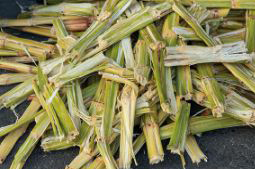
A material coming from bio sources / 100% vegetable
- Made from sugar cane residues (grown for sugar production)
- Renewable resource and grown GMO free

100% recyclable
- This pillbox is to throw away in the bin corresponding the wrappings overall French Territory.
- Your sorting centre will make the recyclable materials valorisation.

A negative carbon footprint nearing the end of life
- Absorbs 4.18g of CO2 by pillbox with the cap

French manufacture
- Reduced transport
- Support to the French knowledge and to the national economy
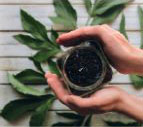
Same storage properties as casual plastic
How do we act ?
We have modified our manufacture process, but not only !
In the first instance, we adopted good environmental practices in order to reduce our impact. The goal was to work in a different way as soon as possible and change habits.
We also took new actions by preventing and limiting our waste production, and by sorting them and put the accent on the materials.
To this end, we have a partnership with “Les recycleurs Bretons” and “Eco Action” for more than 6 years now, two local actors in the waste recycling and valorisation.
Discover our actions towards respect of environment.
Operational Mode
discover our web series about our daily commitments
The notion of bio-based indicates products coming from renewable resources; vegetal, animal, residual, algal. Bio-based means that we pay attention to the origin of the base material we use to manufacture our products. For our packaging, we chose a 100% plant-based material made out of sugar cane waste.
The pillbox and the cap are totally made out of sugar cane. Regarding the label, it is made out of 95% sugar cane waste and the rest is linen fibre and hemp.
I throw it in the package trash available over the whole French territory. The valorisation will be made by your sorting centre, depending on your housing estate.
No, there is no trace of genetically modified DNA for the pillbox and the cap.
The material used is a real green alternative; it is renewable, 100% recyclable and GMO free. That is the best solution we could come up with to reduce as much as possible the use of plastic from oil industries.
It helps reducing the oil industry dependence and allows an economy for fossil resources.

